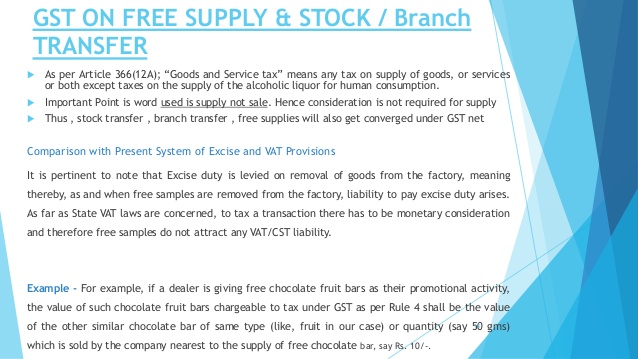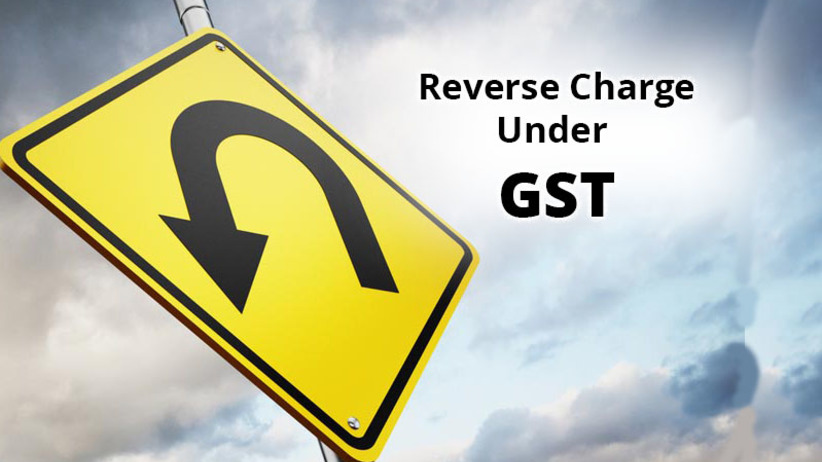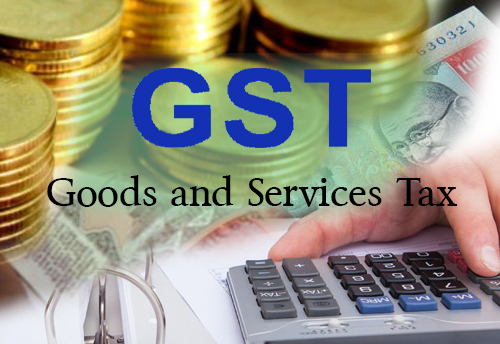Demand and Recovery under Model GST Act- A Quick Walk Through- Part II

Demand and Recovery under Model GST Act
This is in continuation to our Demands and recovery under Model GST Act quick walk through; here we would share a quick guide for the Recovery provisions under the Model GST Law. Please read Part 1- Demand and Recovery under Model GST Act
RECOVERY OF TAX UNDER GST

After the demand under GST Act has been raised on the person to whom demand notice was issued, then such person is liable to deposit the amount specified in the notice to the credit of Central or State Government. If the amount payable is not paid, the proper officer shall proceed to recover the said amount from that person.
Following are the modes specified under the GST Law to recover the said amount:
1) The proper officer may himself or direct other specified officer to deduct the amount so payable from any money owning to such person or detaining or selling goods belonging to such person which may be under control of the proper officer himself or other specified officer.
Where any amount of tax, interest or penalty is payable by a person to the credit of the Central Government which remains unpaid, the proper officer of SGST, during the course of recovery of GST arrears, may recover the amount from the said person as if it were an arrear of GST and credit the amount so recovered to the account of the Central Government and vice versa.
2) The proper officer may also issue notice in writing, requiring such other person from whom money is due or may become due to such person or who holds or subsequently hold money for or on account of such person to pay the money sufficient to clear the amount specified in the notice to the credit of Central or State government or whole of the money due to such person when the amount due is equal to or less than the amount specified in the notice.
Person deemed to be defaulter if notice not complied-Every person to whom such notice is issued is bound to comply with such notice. If the person to whom such notice was issued fails to make the payment against Recovery under GST Act, then he shall deemed to be defaulter for the amount specified and have to face consequences under this Act.
After Notice for recovery under GST Act is served, until the payment against notice is made, no payment to be made to person in default- Any person to whom such notice is issued discharges the liability by payment of specified amount to the credit of Central or State Government in compliance of such notice shall deemed to be have made on behalf of the person in default, and if such person discharges any liability to the person in default after service of notice then the person on whom such notice was issued shall be personally liable to the extent of liability of the person in default.
Any person to whom such notice is issued, if proves to the satisfaction of the proper officer that no payment was due to the person in default by him or he doesn’t hold any money on account of person in default, then such person is not required to comply with such notice.
3) Proper Officer on authorization of competent authority may also detain any movable or immovable property under control of such person, till the amount due is paid by such person is paid. If such amount is remained unpaid for next 30 days of any distress of keeping the property then such property may be sold and sales proceeds shall be used to recover such unpaid amount, any surplus amount shall be render to such person after payment of sale expenses.
Some General Points pertinent to Recovery under GST Act
1) Payment of Tax and other amount in instalment: On an application filed by a taxable person the Commissioner/ Chief Commissioner may extend the time of payment or allow the payment of amount due in monthly instalments not exceeding 24, if there will be any default in payment of instalment on the due date then the whole outstanding amount shall become payable on such date.
2) Transfer of Property is void in certain cases: Any creation of charge, sale, mortgage or exchange or any transfer whatsoever of the property belonging to such taxable person with an intention of defrauding the government revenue, such charge or transfer shall be void.
3) Tax to be first Charge on Property: Any amount payable by taxable person on account of tax, interest or penalty to the credit of Central or State Government shall be first charge on the property of such person.
4) Provisional attachment in certain cases to protect the interest of revenue: If the commissioner is of the opinion that for the purpose of protecting the interest of the revenue, he may by an order in writing may attach provisionally any property belonging to taxable person but this provisional attachment will cease to have effect on the expiry of one year from the date when the order was made.


 Sales Tax For E-Commerce: 3 Things Small Businesses Should Know
Sales Tax For E-Commerce: 3 Things Small Businesses Should Know  What Is The GST Liability on Free Supply of Goods and Services?
What Is The GST Liability on Free Supply of Goods and Services?  Some FAQs about GST- Understanding Scope and Provisions of GST
Some FAQs about GST- Understanding Scope and Provisions of GST  Understanding the Reverse Charge mechanism under GST and IGST?
Understanding the Reverse Charge mechanism under GST and IGST?  Pros and Cons of GST- Is Ushering in of GST worth Celebrating as media wants us to believe?
Pros and Cons of GST- Is Ushering in of GST worth Celebrating as media wants us to believe?  Arrests and Detention Provisions under GST in Detail- Are these justified
Arrests and Detention Provisions under GST in Detail- Are these justified  ITAT Amritsar: No Section 269SS Violation for One-Time Cash Payment Before Sub-Registrar
ITAT Amritsar: No Section 269SS Violation for One-Time Cash Payment Before Sub-Registrar  Tax Officials Unleash Digital Dragnet: How New Raid Powers Redefine Privacy, Property Rights in India and likely to Fuel Corruption
Tax Officials Unleash Digital Dragnet: How New Raid Powers Redefine Privacy, Property Rights in India and likely to Fuel Corruption  Income Tax Department Rewards for Reporting Tax Evasion: A Comprehensive Guide
Income Tax Department Rewards for Reporting Tax Evasion: A Comprehensive Guide  Forfeiture of Gratuity by Employer- What are the Remedies for an employee- Can employer be challenged?
Forfeiture of Gratuity by Employer- What are the Remedies for an employee- Can employer be challenged?